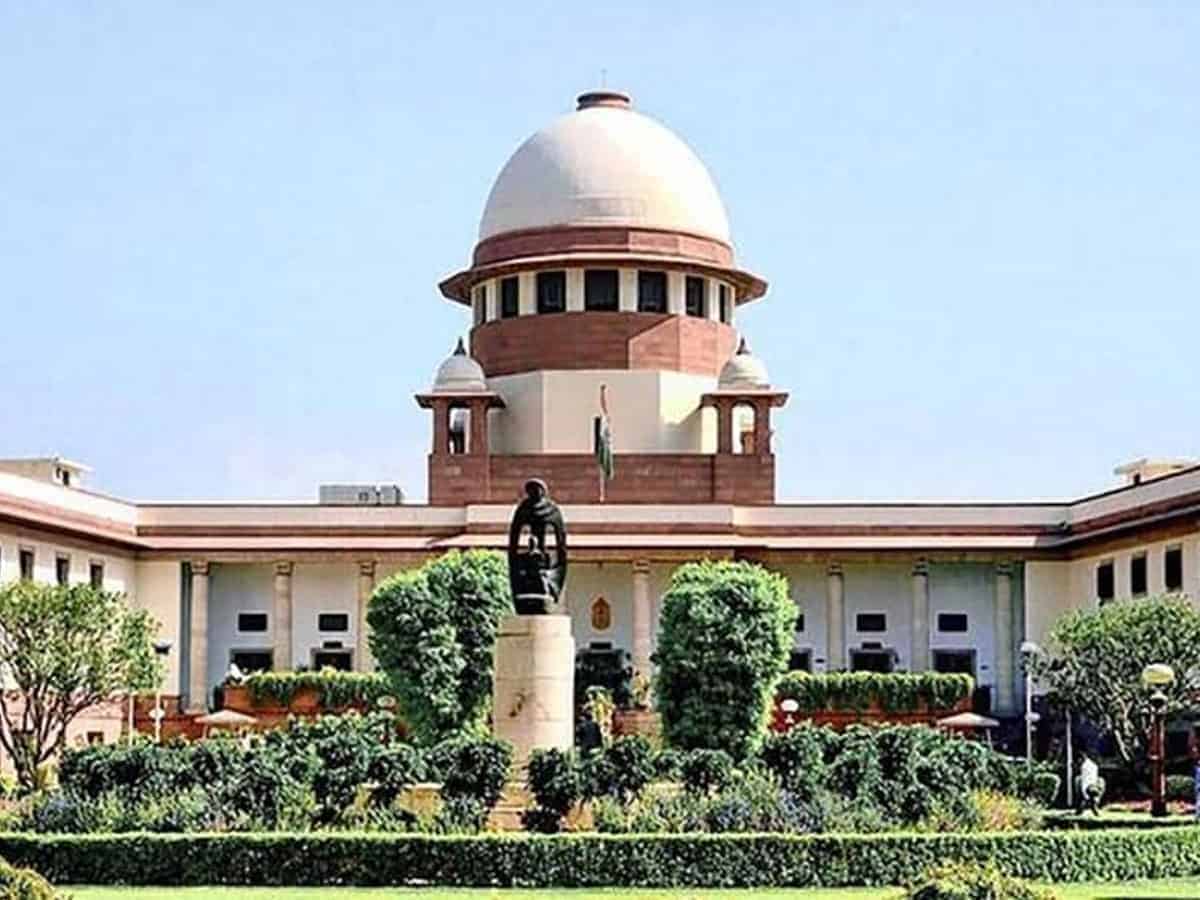
New Delhi: The Supreme Court, hearing a batch of pleas, which included PILs seeking a direction to the Centre to make religion and gender-neutral uniform laws governing subjects like marriage, alimony, divorce, and inheritance, on Monday observed that the question is to what extent can the court intervene.
A bench, headed by Chief Justice of India D.Y. Chandrachud observed: “The question is to what extent the court can intervene in these matters as the issues fall under the legislative domain.”
Senior advocate Kapil Sibal, representing a petitioner, said he has a preliminary objection to the PILs filed by advocate Ashwini Upadhyay.
On the other hand, Solicitor General Tushar Mehta submitted: “In principle… as I am concerned, there cannot be any objection to gender-neutral uniform laws applicable to all equally…”
He added that it is for the apex court to examine what can be done on the judicial side.
Sibal asked the bench, also comprising Justices P.S. Narasimha and J.B. Pardiwala, to see the prayers made in the petition before the court and added that he can understand if these issues were taken up individually. He stressed that it is for the government to decide if they are willing to make gender and religion-neutral uniform laws and the court should not issue even “a prima facie order” in the matter.
Senior advocate Gopal Sankaranarayanan, representing Upadhyay, contested Sibal’s submissions and said there is an individual petition, where a Muslim woman said she wanted the personal laws governing her, to be gender neutral.
At this, Sibal said: “These are for the government to decide… If the government wants to take it up, we have no problem.”
After hearing arguments, the top court asked the lawyers to prepare a list of prayers made in the petitions and agreed to take them up after four weeks and decide whether it can hear the pleas.
A total of 17 petitions have been filed, which include several PILs and some of the petitions sought a direction for enacting uniform religion and gender-neutral laws on a wide variety of issues.
Upadhyay has filed five separate petitions seeking direction to the Central government to frame religion and gender-neutral uniform laws for divorce, adoption, guardianship, succession, inheritance, maintenance, marriage age, and alimony.
